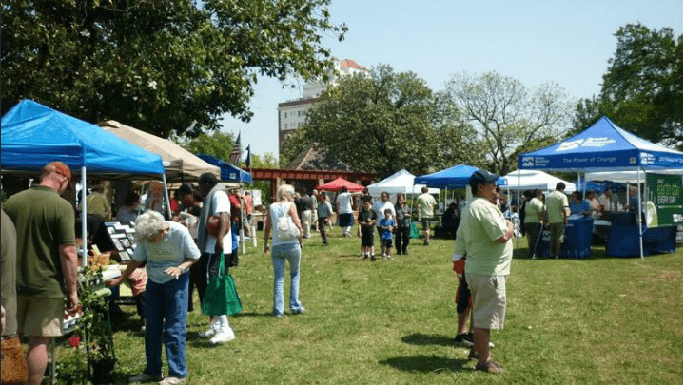

“We would be looking at fees of over $40/ton, and that just isn’t realistic in this solid waste market.” “It costs about $25 a ton to landfill waste in this region, which is too low to be able to take in more contaminated material that requires higher processing costs,” explains Rose. Another limiting factor is low landfill tipping fees, which makes it difficult to set higher gate fees for source separated organics that may have higher levels of contamination. With processing facilities located in the cities it services, Living Earth limits itself to accepting feedstocks that are not extremely odorous. Rose joined with other Living Earth managers and an investment group to purchase the company, which today has 210 employees. In 2007, when Republic Services was preparing to merge with Allied Waste, Republic determined that Living Earth was a “noncore company” and decided to sell it. Our strategy was to develop conveniently located ‘in-field’ facilities that are in the city and accessible to our landscape customer base and various solid waste haulers, as well as our retail yard customers.” Overtime, we had a mission to grow the company’s organics recycling infrastructure in the region. “Composting sites were opened at three landfills - one in Houston and two in Dallas-Forth Worth. “I then worked for Republic for 17 years,” he says. In 1990, Republic Services - then a “little, little” company, notes Rose - purchased four companies in Texas, including Living Earth. Rose was one of the owners of the original company. Living Earth opened its first organics recycling facility in 1985. In addition, the company has contracts with several municipalities to process curbside-collected brush and yard trimmings. All Living Earth recycling facilities are open to the public and commercial businesses such as landscapers. Brush and tree trimmings are processed separately into mulch. It composts the yard trimmings, manure and food scraps in large static piles. Worth region and Houston, and 3 stand-alone retail yards.Īll together, Living Earth processes over 700,000 tons/year of yard trimmings, brush, preconsumer vegetative food discards, untreated wood wastes, stable bedding and herbivore manure. “I’ve been in this business ever since,” he notes, “including managing the company where I worked as a kid.” Today, Rose is President and CEO of The LETCO Group LLC, which does business as Living Earth™, a Dallas-based composting and mulch production company with 18 processing facilities that include retail yards located in the Dallas-Ft. Mark Rose’s “career” in organics recycling started at age 13 when he had a job attaching empty bags to a bagging machine at a soil products company in Austin, Texas. “This investment will support our accelerated growth into new markets and allow us to expand our product and service offerings and our municipal and retail partnerships.” SJF Ventures, which invests in high-growth companies creating a healthier, smarter and cleaner future, also participated in the investment.Feedstocks at Living Earth’s composting and mulch facilities include yard trimmings (inset) and preconsumer vegetative produce trimmings. “The Living Earth team is very pleased to partner with Bain Capital Double Impact, and we believe that the team’s financial and operational strength will help us reach our potential,” said Mark Rose, President of Living Earth. By recycling this waste, Living Earth preserves landfill space and contributes to reduced greenhouse gas emissions.

Organic waste that is landfilled releases methane, a harmful greenhouse gas. Living Earth collects organic waste that would ordinarily go to landfills and processes it into mulch or soil, which it sells to landscapers, nurseries, retailers and homeowners. commented “We believe there are attractive opportunities to expand Living Earth’s reach given their approach to reducing landfill waste and doing so in a more energy and resource efficient way.įounded in 1985 in Houston, Texas and headquartered in Dallas, Living Earth is the largest recycler of green material in Texas.

Financial terms of the private investment were not disclosed.ĭeval Patrick, Managing Director at Bain Capital Double Impact. Living Earth is the largest commercial recycler of organic landscaping materials in Texas, diverting waste from landfills that would otherwise release harmful greenhouse gasses. Bain Capital Double Impact, the impact investing strategy of Bain Capital, has acquired Living Earth Technology.


 0 kommentar(er)
0 kommentar(er)
